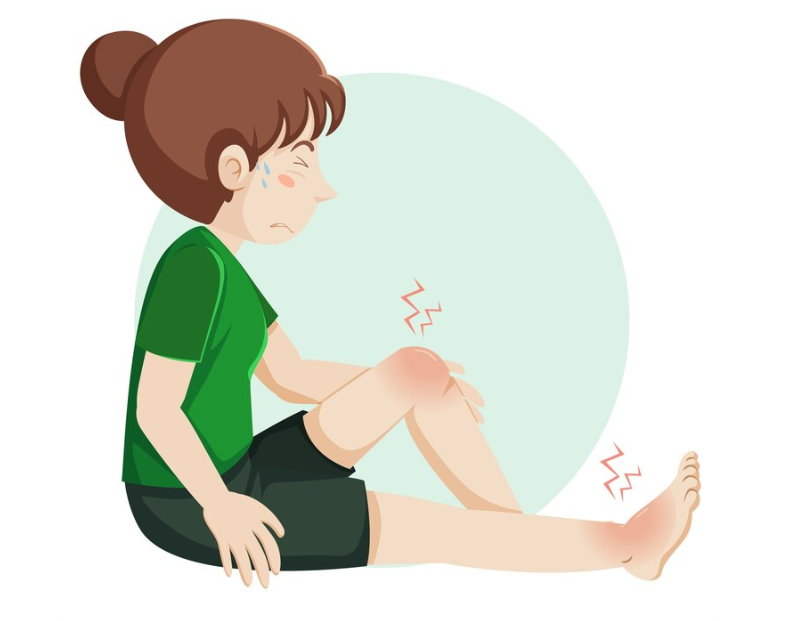
Understanding Psoriatic Arthritis: Joint Pain in Psoriasis
Introduction
Psoriasis, a skin condition that causes red, itchy patches, can also lead to joint pain, known as psoriatic arthritis. In this blog, we’ll explore the link between psoriasis and joint discomfort, along with treatment options to help manage this condition.
Psoriatic Arthritis: Symptoms and Causes
Psoriatic arthritis is a form of arthritis that affects some people with psoriasis. It causes inflammation in the joints, leading to pain, stiffness, and swelling. Not everyone with psoriasis will develop psoriatic arthritis, but those who do may experience symptoms like:
- Joint pain, especially in the fingers, toes, wrists, knees, or ankles
- Stiffness, particularly in the morning or after periods of inactivity
- Swelling and tenderness in the affected joints
- Reduced range of motion and difficulty moving the joints
The exact cause of psoriatic arthritis is unclear, but it’s believed to involve a mix of genetic, immune, and environmental factors. People with psoriasis, especially those with a family history of the condition, are at higher risk of developing it.
Treatment Options
Treating psoriatic arthritis focuses on reducing inflammation, relieving pain, and preventing further joint damage. Common treatments include:
- NSAIDs: Nonsteroidal anti-inflammatory drugs to ease pain and swelling.
- DMARDs: Disease-modifying antirheumatic drugs to slow joint damage.
- Biologic medications: These target specific immune system parts to reduce inflammation.
- Corticosteroid injections: To relieve inflammation in affected joints.
- Physical therapy: To improve joint mobility and strength.
In addition to medical treatments, lifestyle changes like maintaining a healthy weight, staying active, and avoiding joint injury can help manage symptoms.
Conclusion
Psoriatic arthritis can affect the quality of life for people with psoriasis. However, with the right diagnosis and treatment, symptoms can be managed effectively. If you experience joint pain along with psoriasis, consult a healthcare provider for appropriate care.
To seek medical advice, always consult a Doctor.
Here are our recommended experts.
To read more on Psoriasis. Click Here


